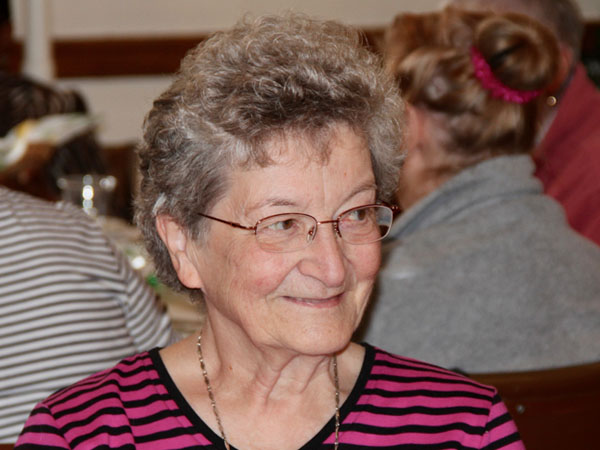“Resources must be provided for the people. Only then can they become empowered and able to stand upright.”
Denise Brunelle
For Sister Denise Brunelle, the purpose of liberating education is not to impose ready-made solutions on people, but to give power back to them by enabling them to discover their abilities. They are able to find solutions to their problems themselves.
In this spirit, she founded, in 1991, a peer training collective called Collectif d’éducation libératrice (CEL). CEL’s objective is to train the instructors who work in community centres.
This vision of liberating education is found in the comic strip project for adolescents in which Sister Denise actively participates with Sister Céline Beaulieu, CND. In Tommy et Cloé : le sang de Dracula and Tommy et Cloé : la course des Dieux, the characters, who are themselves teenagers, find solutions to their problems together. This shows that liberating education through one’s peers can be accomplished at any age.
Groupe Solidarité Justice (GSJ)
Sister Denise was present when the Groupe Solidarité Justice of the Congrégation de Notre-Dame was established in 1996. The group’s objective was to provide tools for the sisters who worked in community organizations. Dedicated to social justice issues, the GSJ focuses on poverty, human trafficking, women’s rights, respect for the planet and matters regarding First Nations.
GSJ was the source of the Congrégation de Notre-Dame’s first public stance for the cancellation of the debt of third world countries. It also participated in the first World March of Women in 2000.
La Romaine First Nations Reserve 1974
In the 1970s, Sister Denise, who was then a high school Mathematics teacher, went back to school herself to study Religious Studies at UQAM.
While working on a team assignment, she and three other students developed a project: have trailers of teachers and nurses drive up to James Bay for the children and families who would move there during the construction of hydroelectric facilities. In the end, the government of the time decided that only men, without their families, would travel to James Bay. The project was abandoned. Still, the seed of an idea had been sown.
Soon after, Sister Denise left to teach on the La Romaine First Nations Reserve. With her were five other sisters. A young community was born: three of them were in their twenties, and the other three in their thirties! There, Sister Denise discovered the culture of the Montagnais of Unamen Shipu. “It changed my way of thinking,” she stated.
She taught Mathematics, Catechism, Singing and Food Preparation; she even opened a physics laboratory.
Ministry of Presence in the Neighbourhood
Currently retired, Sister Denise continues to respond to the calls of the community and of the people in her neighbourhood. She is attentive to their needs. She teaches mathematics to the neighbours and helps people with reduced autonomy.
“Even if I’m no longer in an official school, I’m still a teacher. I can’t do otherwise; I can’t be anything else!”
